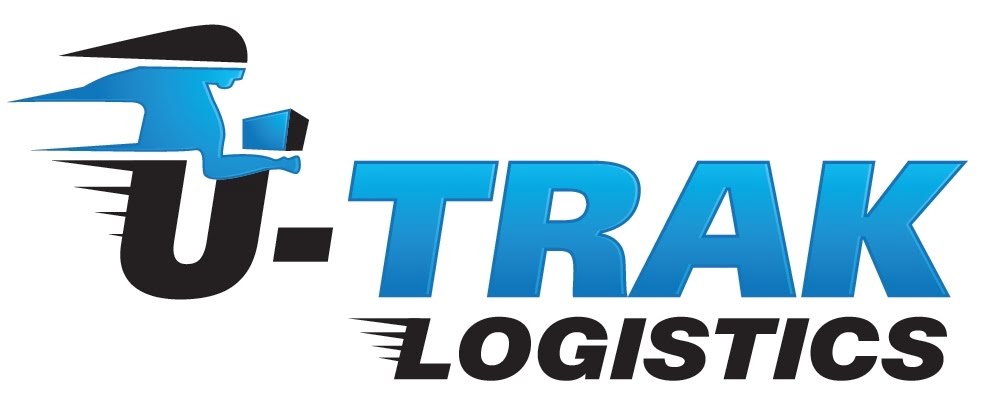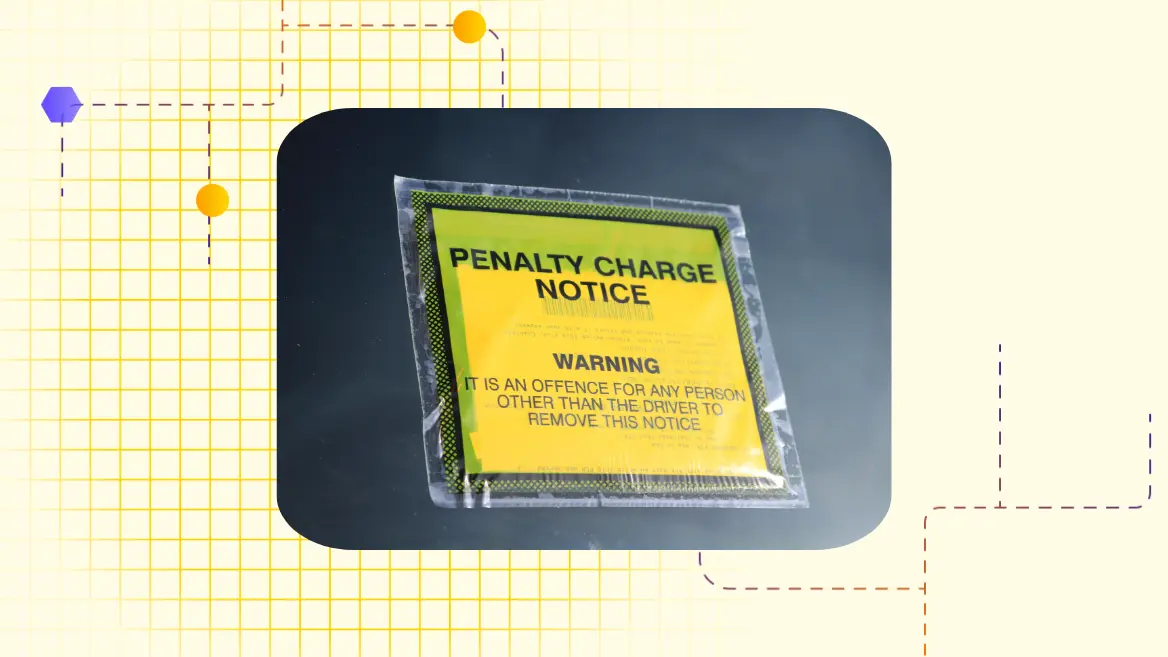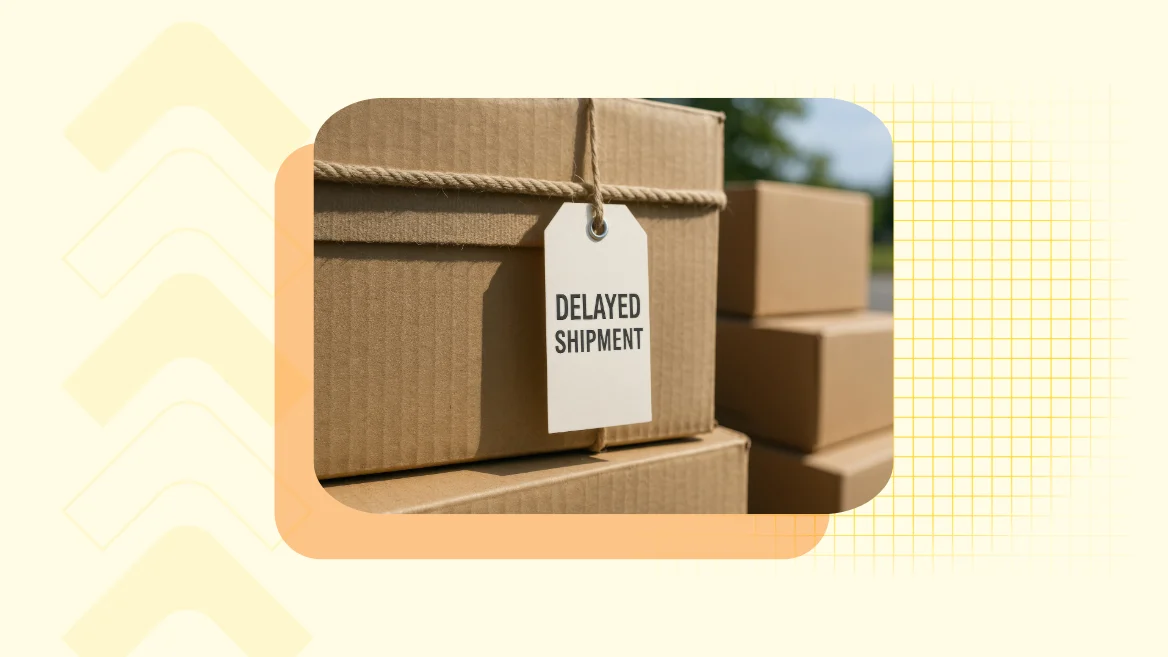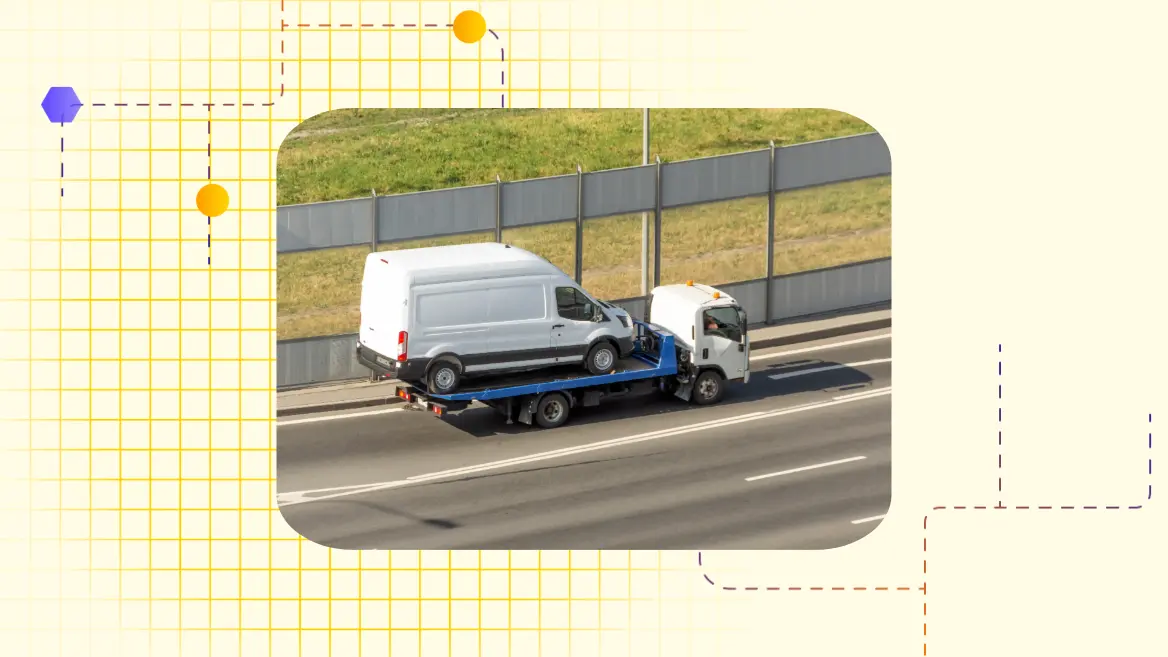What makes a successful freight forwarder?
It’s the ability to constantly deliver a high standard of service to a diverse customer base. But in today’s fast-paced world – one where just-in-time manufacturing dominates – a mark of success is how quickly a forwarder can fulfil the needs of its clients. But if, as is the case for U-TRAK Logistics, most of your customers serve ‘rapid response’ industries – such as aviation, automotive, agriculture and healthcare – then arguably the challenges are far greater.
U-TRAK Logistics is not only meeting expectations, but it’s also exceeding them. In the last two years, it has increased its turnover by 80%. So how has this Coventry-based freight forwarder, which provides time-critical same-day delivery services throughout the UK and mainland Europe, managed to stay ahead of the curve?
U-TRAK’s Business Development Manager, David McBride, explains, “To be a successful freight forwarder, you need to provide a joined-up service. Therefore, it’s vitally important to understand each client, the complex supply chains that they work in, and the markets that their customers serve too. Take our agricultural business for instance. We’re often called out in the middle of the night in the height of summer to deliver a spare part for a tractor or a combine harvester. Our Agricultural Logistics Delivery Service is designed to be fast, far-reaching and flexible. But we can only provide this service by sourcing the correct vehicle for the job. And this would be virtually impossible if we didn’t have an in-depth understanding of the internal mechanics of a tractor or all the other different varieties of farm machinery.”
Technology: an enabler
But Mr McBride, who joined U-TRAK five years ago, also recognises the role that technology has played in boosting his business, which employs 15 members of staff, and has a private fleet of 10 vehicles.
He explains, “In our line of work it’s crucial that we get the most out of our assets. And while we’ve got quite a diverse fleet – which ranges from 2 tonne small vans to 3.5 tonne Luton box vans – it’s simply not large and varied enough to cater for the specialist needs of our clients 24/7, 365 days a year. Therefore, whenever our client calls us, we make use of the thousands of member businesses who belong to Courier Exchange and Haulage Exchange’s 50,000-strong virtual fleet. In this respect, being a member of the Exchange has proved incredibly effective. In fact, I’d go as far to say that we absolutely rely on both CX and HX for jobs which need to be turned around within an hour.”
McBride believes that having CX as a partner has helped every part of their business grow. Take the farming sector, for example, and the agricultural logistics companies U-TRAK serves.
He explains, “The challenge for our clients is to get spare machinery parts to farms as quickly as possible. It’s a race against time because any instance of machine downtime can have a major impact on productivity – especially in the harvesting season. If we didn’t have CX to call upon, it would be extremely difficult to serve our clients.”
I’d go as far to say that we absolutely rely on both CX and HX for jobs which need to be turned around within an hour.
Business Development Manager at U-TRAK, David McBride
Why U-Trak’s partnership with CX is vital
So how does CX help? Mr McBride explains, “CX helps us in three ways. Firstly, by posting a load on the system, we can always get a vehicle from a reputable company to pick up the part within 40 minutes to an hour.
“Secondly, by using CX, we can get the right sized vehicle for the job. The Exchange has such a diverse fleet that we’re able to source five tonne trucks – which is a very rare vehicle spec because of its 5-metre length frame that’s perfect for transporting entire tractor engines, or to combine harvester parts.”
By posting a load on the system, we can always get a vehicle from a reputable company to pick up the part within 40 minutes to an hour.
Business Development Manager at U-TRAK, David McBride
“Thirdly, the Exchange’s national fleet allows us to deliver goods quickly and efficiently to any farm in the country. It doesn’t matter, for example, that we’re based in Coventry and the broken-down tractor is in Aberdeenshire, as we wouldn’t send out one of our own vehicles. Instead, we would post the load on CX, and the likelihood is that we’d receive several quotes from specialist couriers in north-east Scotland in minutes.”
CX: a platform for all industries
But it’s not just U-TRAK’s agricultural business that has benefited. Mr McBride also says that the automotive, aviation and healthcare divisions – all of which require rapid response courier services – “have profited”.
Says McBride, “Our largest contracts are tied to the aviation and automotive sectors, which are interconnected. Often it’s automotive parts which are being transported on planes from the UK, Europe or further afield to Britain’s largest automotive factories – many of which are a stone’s throw away from our HQ. To satisfy our clients, we need to be able to deliver to – or collect from – every large airport in the UK in an hour. But that would be impossible without the Exchange. How for example, could we, a Coventry-based fleet, get one of our vans to Glasgow in 30 minutes? It would be impossible. But with the Exchange, we can assign the job to a trusted local subcontractor trained and certified for airside deliveries. That’s a big difference.”
And McBride says that “the same principle applies to the healthcare sector”. “Okay,” he concedes, “unlike agricultural logistics, we don’t require a specialist vehicle. A conventional one will do. But we rely on the Exchange to provide us with experienced and compliant drivers, who use integrated telematics – a system which synchronises the Exchange’s technology with the driver’s telematics system. This means that we can track the consignment in real-time which – given the fact that the goods could be life-saving machines, spare parts or even medical drugs – is absolutely crucial.”




